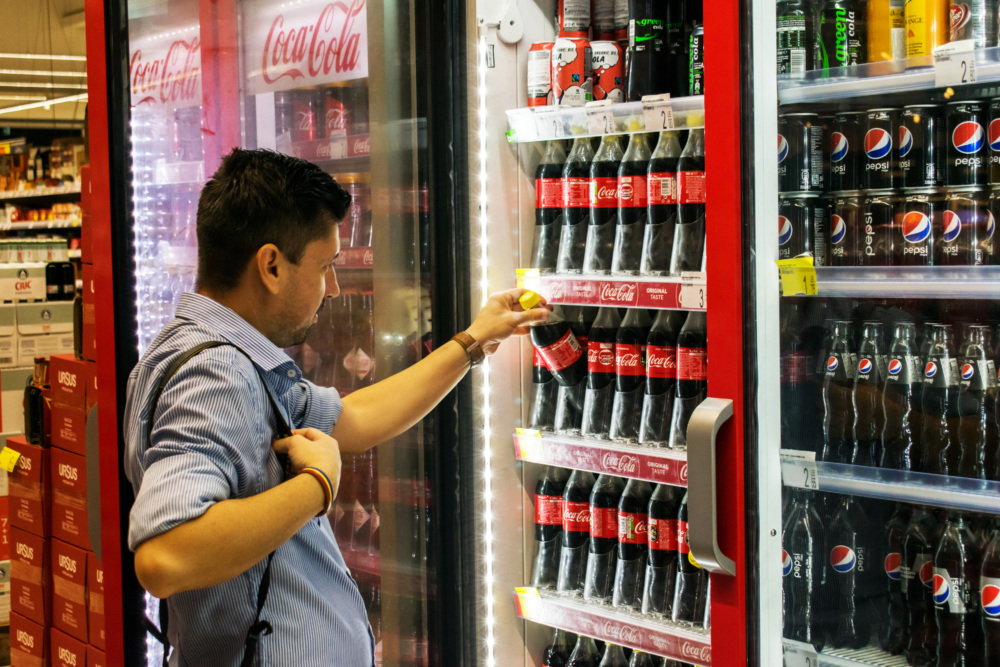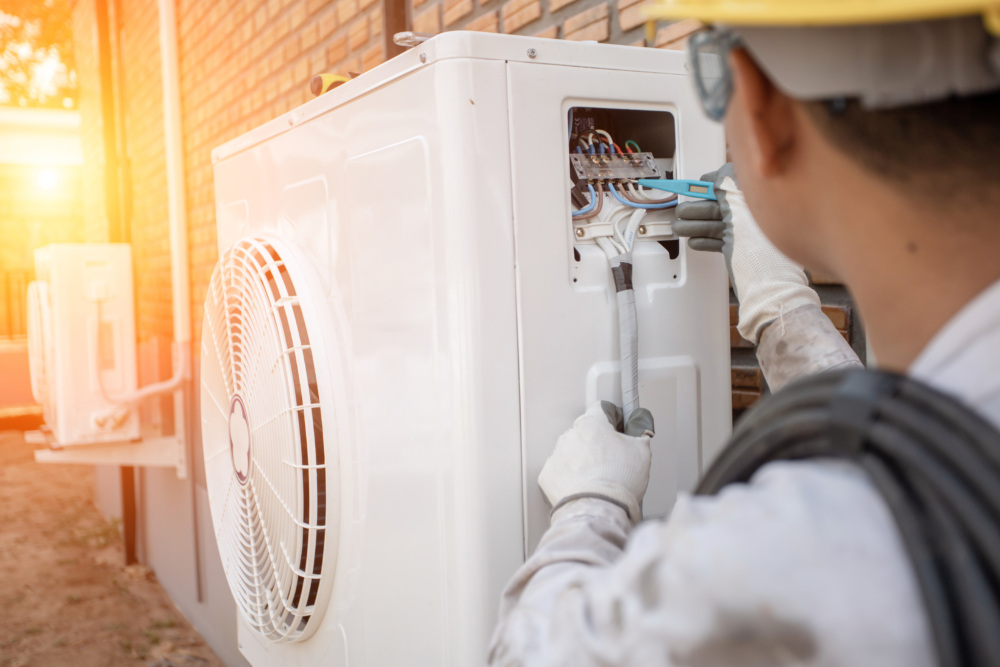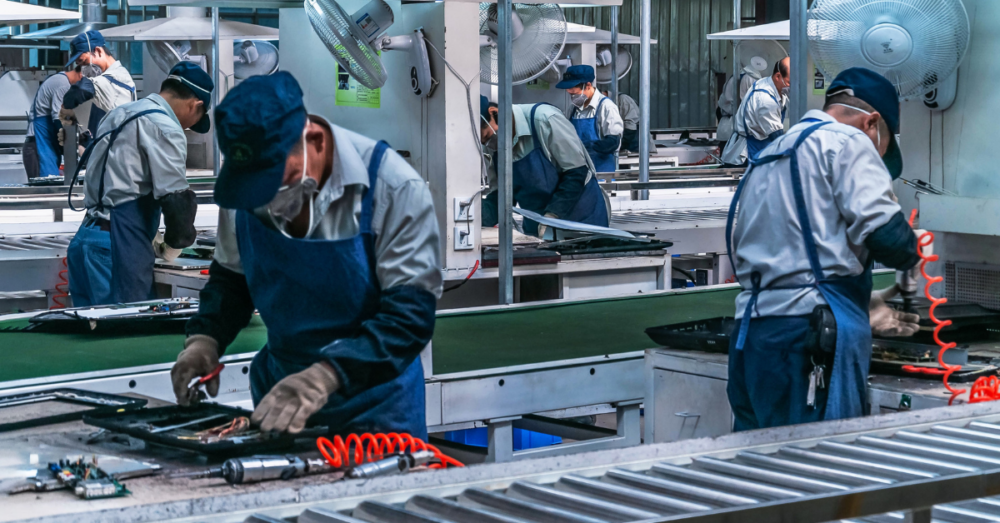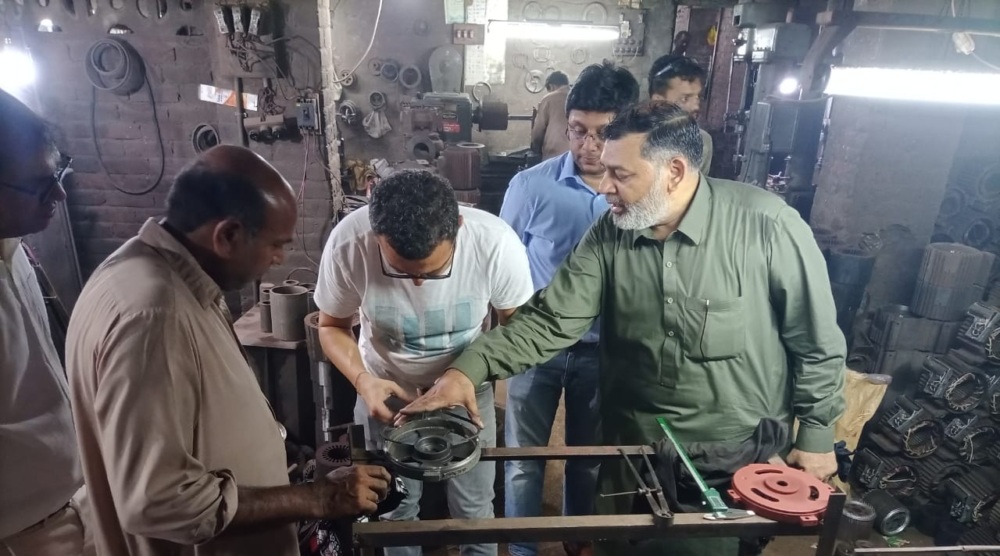Kenya’s New AC Standards Increase Efficiency Baseline While Reducing Harmful Refrigerants
Over the past two years, CLASP has supported the Kenyan government to revise energy efficiency policies for cooling appliances, e.g. refrigerators and room air conditioners. The new AC policy, in addition to increasing efficiency by 11%, has effectively phased out high ozone-depleting R-22 refrigerants in this import market.
Kenya’s new room AC MEPS
Since 2017, CLASP has collaborated with the Kenyan government to promote high quality, energy-efficient cooling appliances. Under the Kigali Cooling Efficiency Program (K-CEP), CLASP is supporting Kenyan government agencies, including the Energy and Petroleum Regulatory Authority (EPRA) and the Kenya Bureau of Standards (KEBS), to revise and implement minimum energy performance standards (MEPS) and a labelling program for room air conditioners (RACs) and refrigerators.
Kenya first introduced RAC MEPS in 2016, but the industry immediately called for revisions. CLASP supported the revision process through a technical workshop, a market assessment and policy analysis, and continued policy support throughout the revision process.
Implementation of the revised RAC MEPS began in April 2019. The revision increased the required efficiency levels for products by 11% and eliminated 73% of models on the market in 2018. Because the RAC market in Kenya is entirely import-based, distributors had to source more energy-efficient products to meet the new standard.
By October 2019, only 6 months since the start of implementation, EPRA registered 63 models into the Kenyan market that met the revised MEPS. While the revised MEPS significantly increased the efficiency baseline for ACs in Kenya, importers responded and easily sourced higher efficiency units. This transition was easier than anticipated because energy-efficient products are readily available in the source countries like China, Kenya’s largest RAC exporter.
Cutting ozone-depleting refrigerants
While Kenya’s RAC MEPS aimed to increase efficiency of RACs, the standard also reduced the import of RACs containing harmful ozone-depleting refrigerants. CLASP’s 2018 RAC market assessment found that 27% of the AC models in the Kenyan market contained the R-22 refrigerant, a hydrochloroflourocarbon (HCFC) and potent greenhouse gas with a high ozone depletion potential (ODP). In the Kenyan context, RAC low energy-efficiency corresponded with R-22 refrigerant usage. According to EPRA data, none of the newly registered RACs that meet the revised MEPS contain R-22.
The newly registered products all contain R-410A, a hydrofluorocarbon that has zero ozone depleting potential.
According to the Ministry of Environment, Kenya is on track to completely phase-out the importation, use, and sale of ozone-depleting substances by 2026, four years ahead of the 2030 Montreal Protocol deadline.[1] In the RAC sector, Kenya’s implementation of the revised MEPS is accelerating the phase out of HCFCs 10 years ahead of the 2030 target.
This year, the Kigali Amendment to the Montreal Protocol entered into force, setting a target to phase out HFCs, like R410A, that have zero ODP but have high global warming potential. Kenya is in the process of ratifying the Kigali Amendment.
Sustainable cooling in Kenya
In addition to the ODP phase-out, Kenya recently joined the three percent club, a coalition of countries, businesses and institutions committed to using ambitious policies to help drive an annual 3% increase in energy efficiency. The RAC MEPS policy, as well as other initiatives CLASP is supporting such as continued revisions to MEPS, promotion of the energy label, and market transformation programs will help Kenya meet and potentially exceed its efficiency commitments.

Furthermore, the revised MEPS policy aids the Kenyan government in consumer protection. Across the continent, poor quality, low-efficiency, and environmentally harmful RACs from developed economies are dumped in markets with little or no efficiency standards. Enforcing MEPS protects consumers, while also reducing household and business electricity bills through increased efficiency.
To further ensure sustainable cooling, CLASP is supporting government agencies and cooling stakeholders in Kenya to develop a National Cooling Action Plan (NCAP). The NCAP is a comprehensive guide to the provision of access to sustainable cooling for all Kenyans.
[1] Source: A representative of the National Ozone Office at the Ministry of Environment









